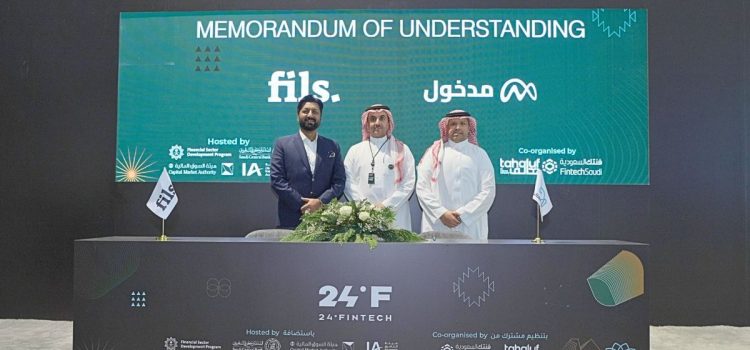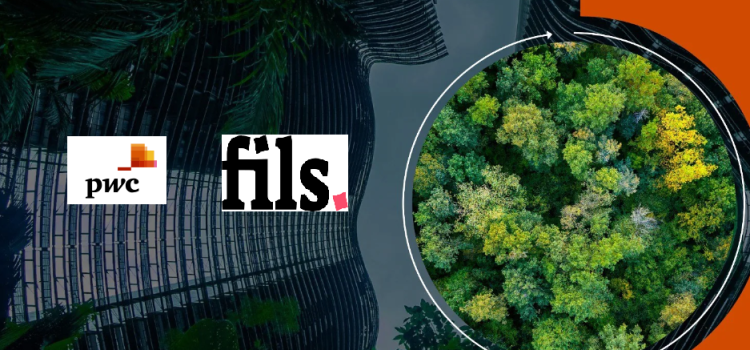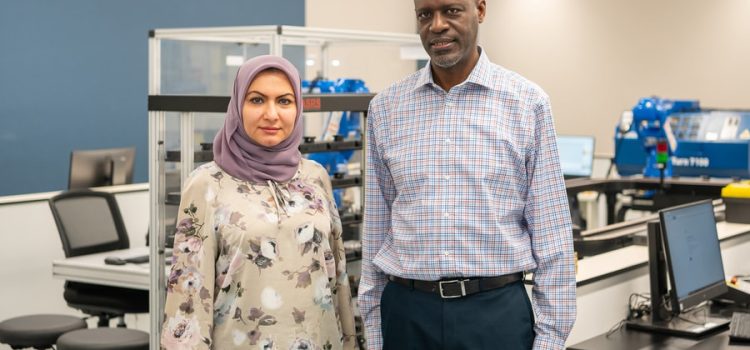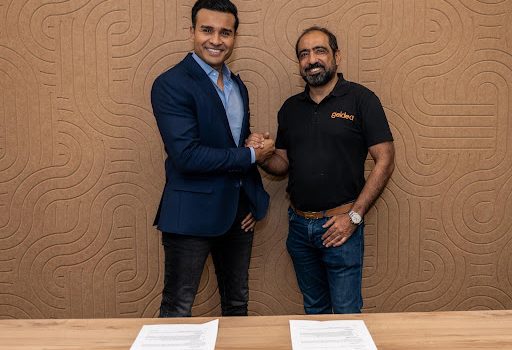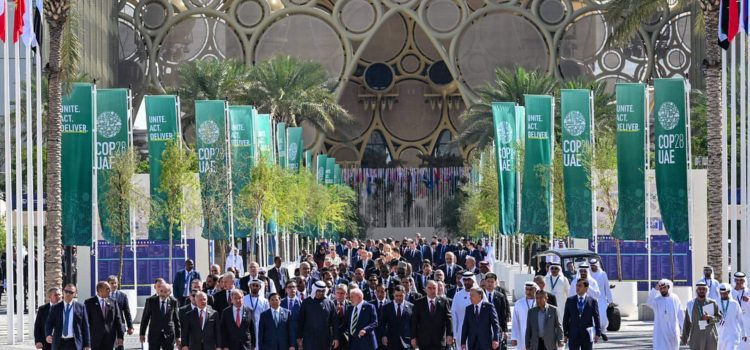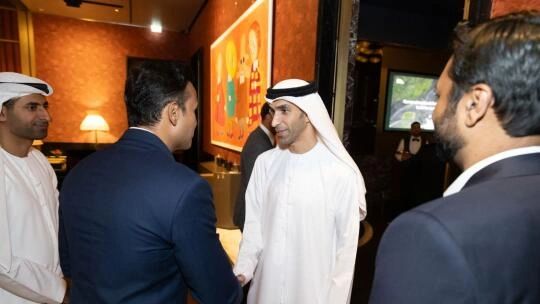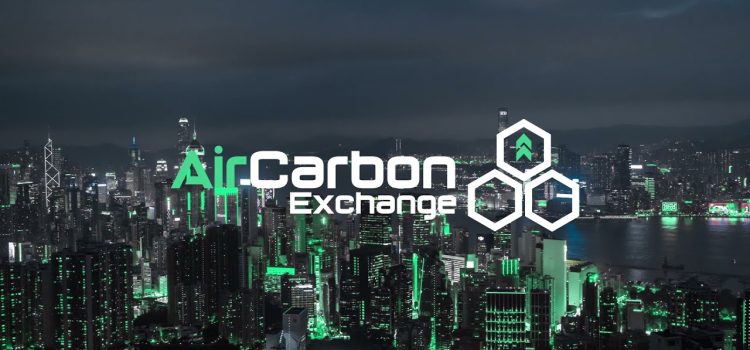
As per an article in Qatar Times, The Qatar Financial Centre (QFC) is creating an ecosystem for tokenized carbon markets. The market will not only facilitate cross-border carbon credit movements but also enable tokens produced in various countries to be easily exchanged. “The carbon markets ecosystem will be tested within the lab environment to validate its functionality, efficiency, and potential impact on carbon offset initiatives,” the QFC said.
It was one of the innovation challenges at QFC Digital Assets Lab. The tokenisation of carbon credits is aligned with the global linking of the currently “fragmented” carbon markets, and facilitates the cross-border movement of carbon credits; the interoperability of DLT (distributed ledger technology) protocols will enable tokens produced in different countries to be easily exchanged, it added.
The objectives of creating carbon markets ecosystem are to develop and test a DLT-powered platform that facilitates the tokenisation, trading and verification of carbon credits.
“The QFC aims to collaborate with industry stakeholders to coordinate the advancement of digital utilities and platforms that enable the smooth and reliable flow of environmental, social and governance (ESG) data,” it said.
These initiatives would play a crucial role in aiding financial institutions and businesses to channel capital to sustainable projects, while also monitoring commitments and evaluating the overall impact, according to it.
“The QFC will partner with domestic and international Greentech providers and stakeholders to develop the network which will include a disclosure portal, registry, and a marketplace/exchange,” it said.
The carbon credit tokenisation involves the migration of information and features of carbon credits onto a DLT, where these credits are represented as tokens and can also be directly issued on DLT, with all associated attributes publicly accessible.
Each carbon credit corresponds to a carbon token, establishing a one-to-one relationship, it said, adding the QFC’s role is to establish the rules for the lab as well as getting approvals, monitoring participation, intervening when there is non-compliance and commercial establishment. “The QFC will support the development of the ecosystem,” it said, “in looking forward, QFC acknowledges that the digital assets landscape is constantly evolving, and innovative solutions continue to emerge.”
The endeavour would be to design carbon offsets projects in consultation with stakeholders and sells carbon credits to buyers. The QFC ecosystem would ensure setting standards for carbon credit quality, certify and issue carbon credits, and have a registry to track certified credit projects and credits issuance and retirement.
Earlier The Hashgraph Association had announced that they had partnered with Qatar Financial Centre (QFC) Digital assets Lab noting that within the next 12 months it will work together with stakeholders to explore implementing five innovative use cases, in the areas of equity tokenization, Sukuk Islamic Bonds tokenization, real estate tokenization, sustainability ESG Carbon credits, as well as consumer engagement and loyalty programs.










